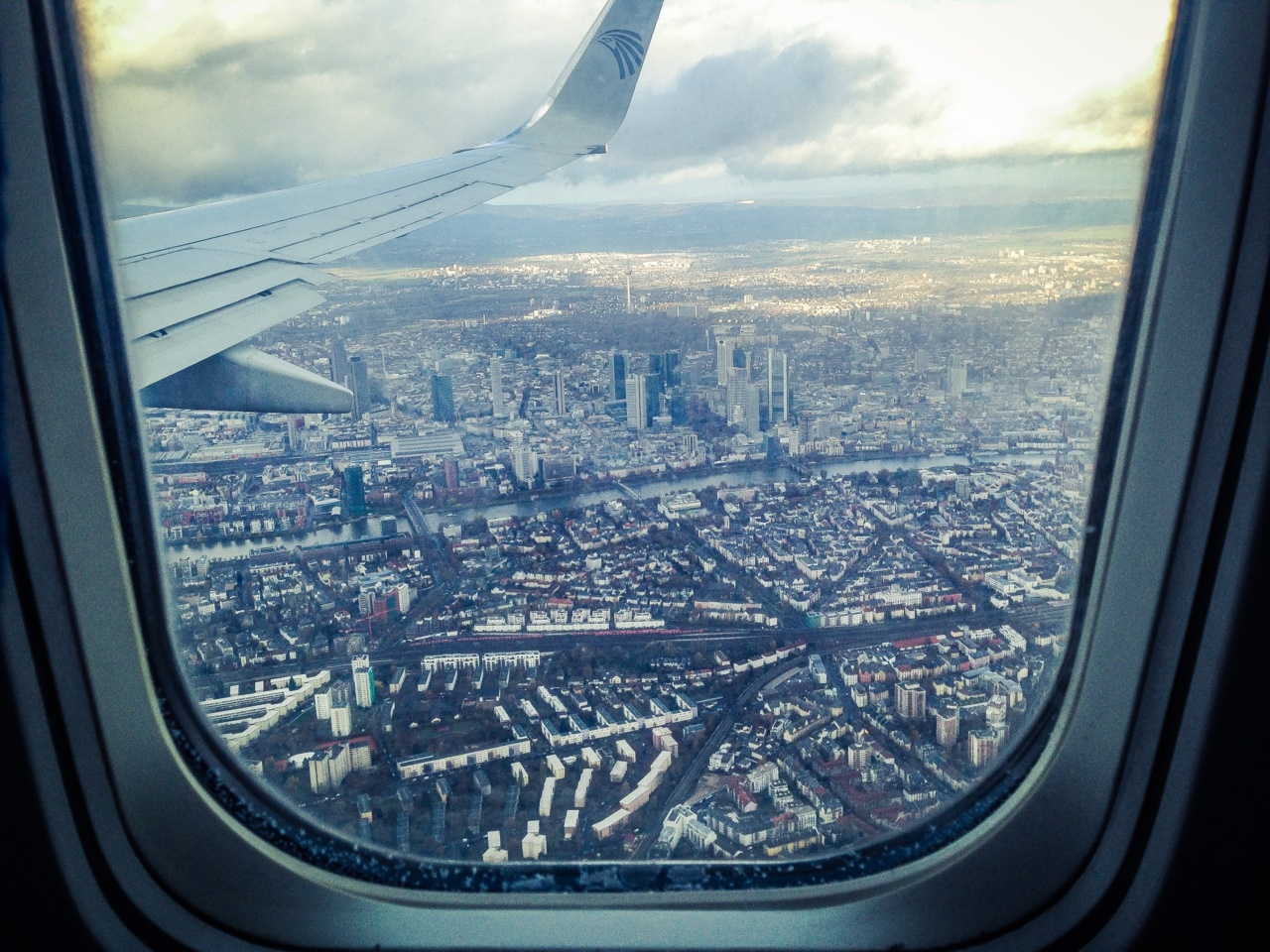Traveling by airplane can be overwhelming, especially for expectant mothers. It is important to know some guidelines before planning a trip to ensure a safe and comfortable journey.
Here are some essential instructions for expectant mothers traveling by airplane.
1. Consult with your doctor before travel
Before planning a trip, always consult with your doctor to make sure it is safe for you to travel. Your doctor can also provide you with some precautions and medications to take during travel.
Make sure to carry all your prescription medications in your carry-on bag.
2. Choose the appropriate timing
While traveling by airplane is safe for most expectant mothers throughout their pregnancy, the best time to travel is during the second trimester (between 18-24 weeks) when most pregnancy complications have reduced.
Avoid traveling during the first and last trimesters unless it is an emergency.
3. Book a comfortable seat
When booking your ticket, try to choose a comfortable seat. Choose an aisle seat or a seat near the bathroom for easy access. Also, book a seat with extra legroom to avoid cramping and fatigue during a long flight.
4. Insurance and obstetrician on travel
Make sure to purchase travel insurance that covers pregnancy-related complications. Also, carry all the contacts of your obstetrician and a nearby hospital at your travel destination. This can be helpful in case of a medical emergency.
5. Stay hydrated
It is essential to stay hydrated during travel, so make sure to carry a refillable water bottle and drink plenty of fluids during the flight. Avoid caffeine and alcohol, as they can cause dehydration and discomfort during travel.
6. Move frequently
It is important to move around during the flight to prevent blood clots and cramping in the legs. Take short walks in the aisle, stretch your legs, and do some exercises in your seat to improve circulation and prevent stiffness.
7. Wear comfortable clothing
Wear loose and comfortable clothing that does not restrict blood circulation and provides adequate support. Avoid tight-fitting clothes, high heels, and constrictive apparel that can cause discomfort and fatigue during a long flight.
8. Carry essential items
Carry essential items in your carry-on bag, including pregnancy-safe snacks, a neck pillow, a blanket, a book or a magazine and noise-cancelling headphones to make your journey more comfortable and relaxed.
9. Minimize exposure to radiation
Airplanes emit a small amount of radiation, and while it is safe for most travelers, it is better to minimize exposure to radiation as much as possible during pregnancy.
Request a seat away from the airplane’s wings or the window to reduce exposure to cosmic radiation.
10. Be prepared for unexpected situations
Expect the unexpected, and prepare yourself for any unforeseen situations during the journey. Have a backup plan in case of flight delays or cancellations, carry extra medication in case of an emergency, and always keep your cell phone charged.























